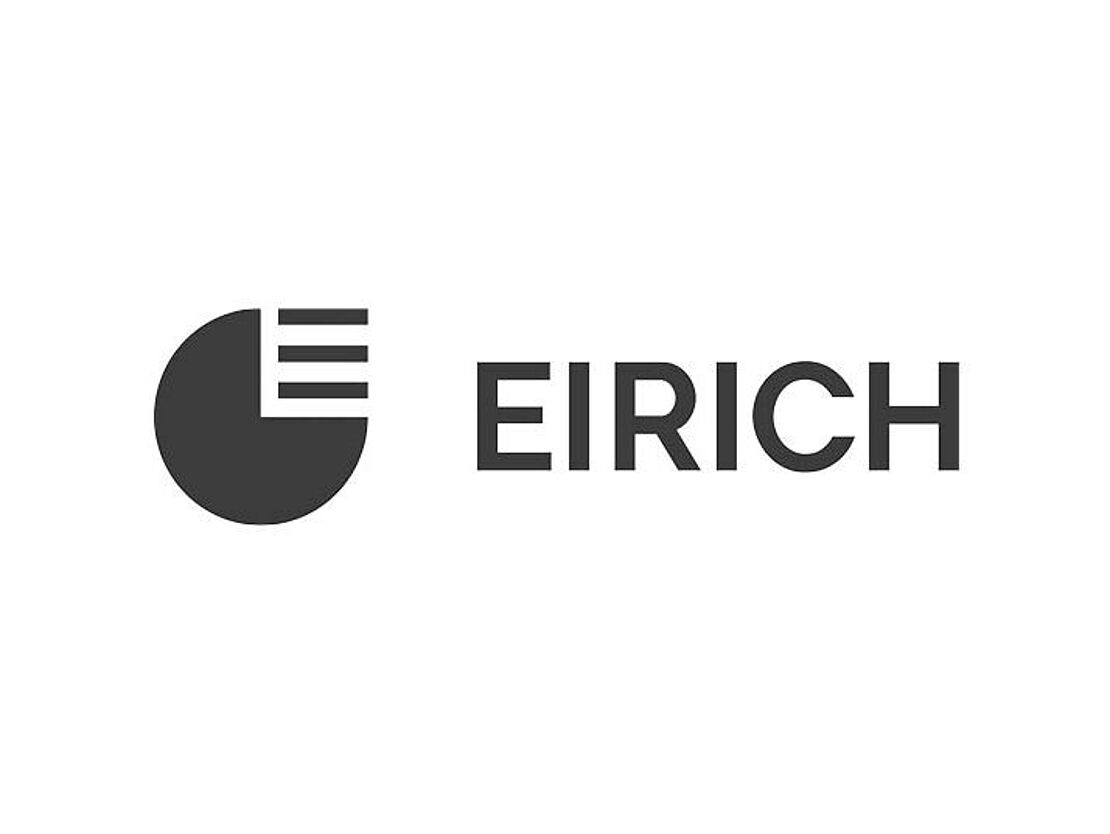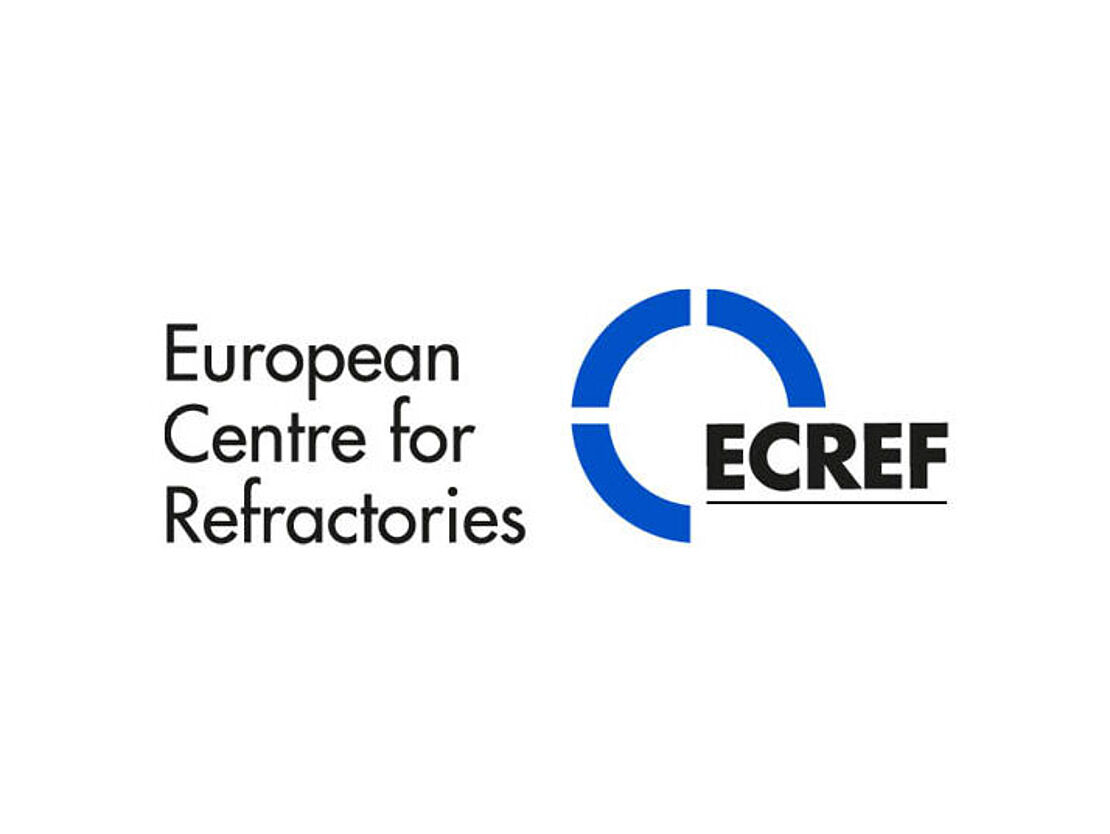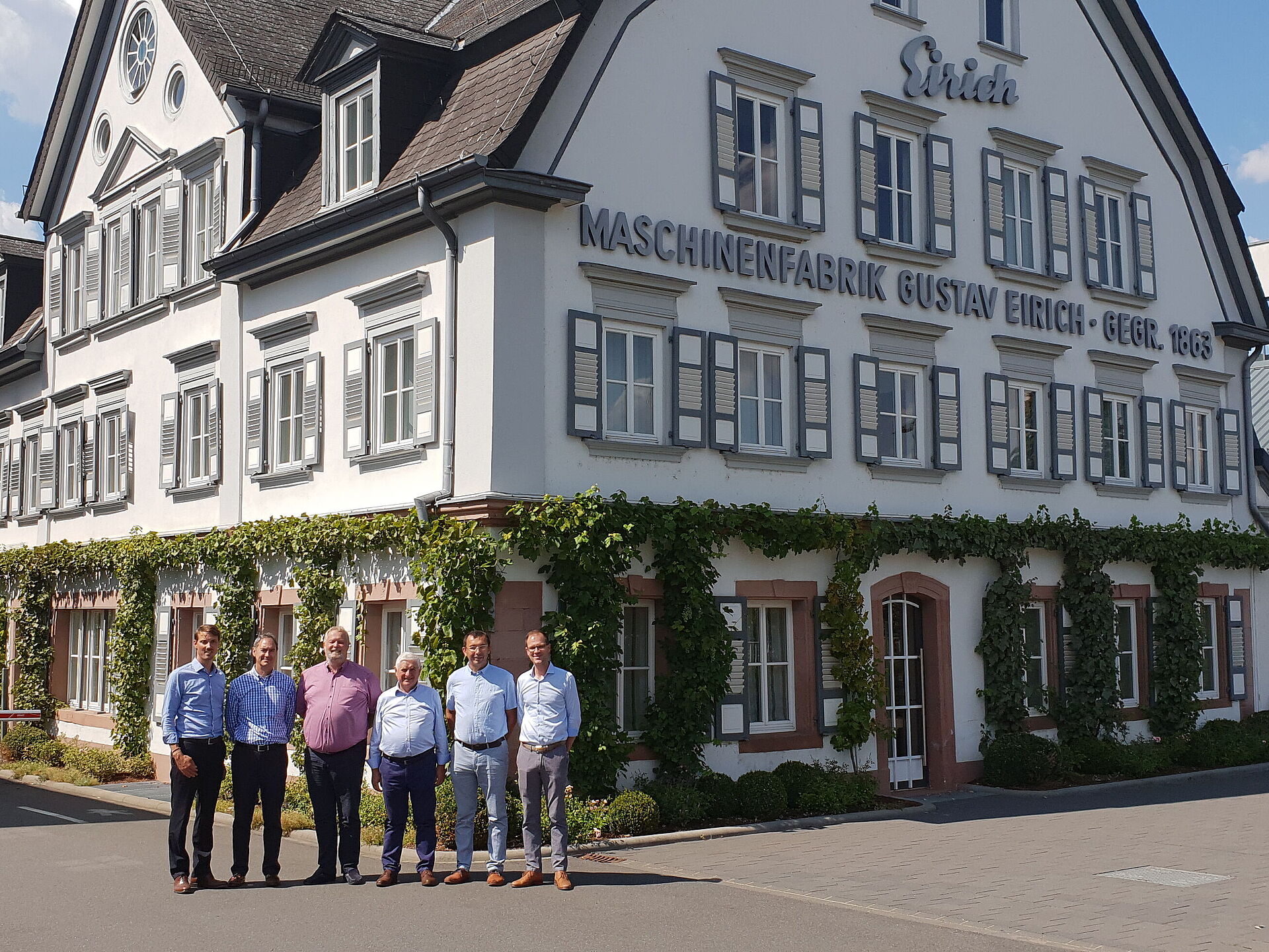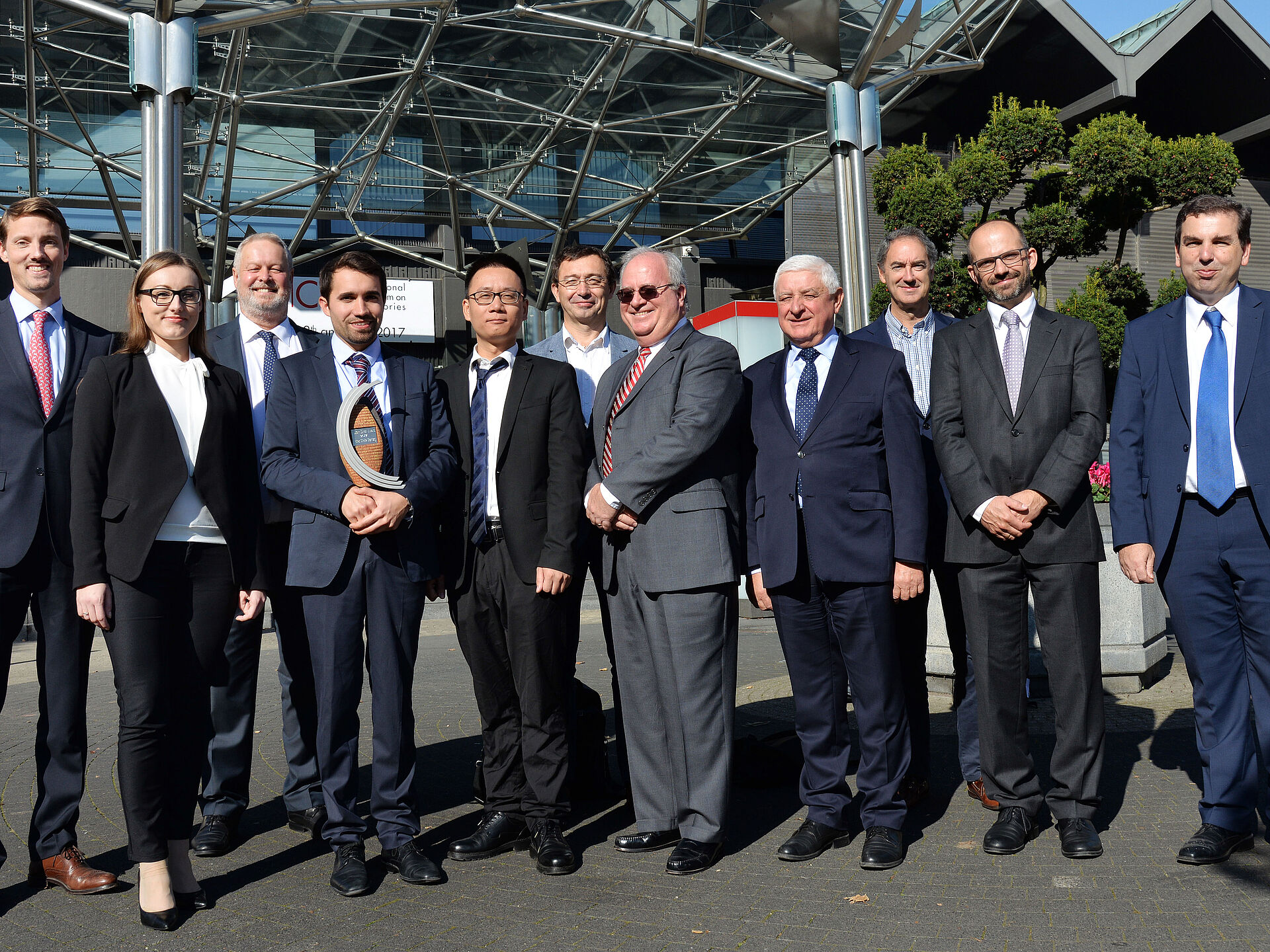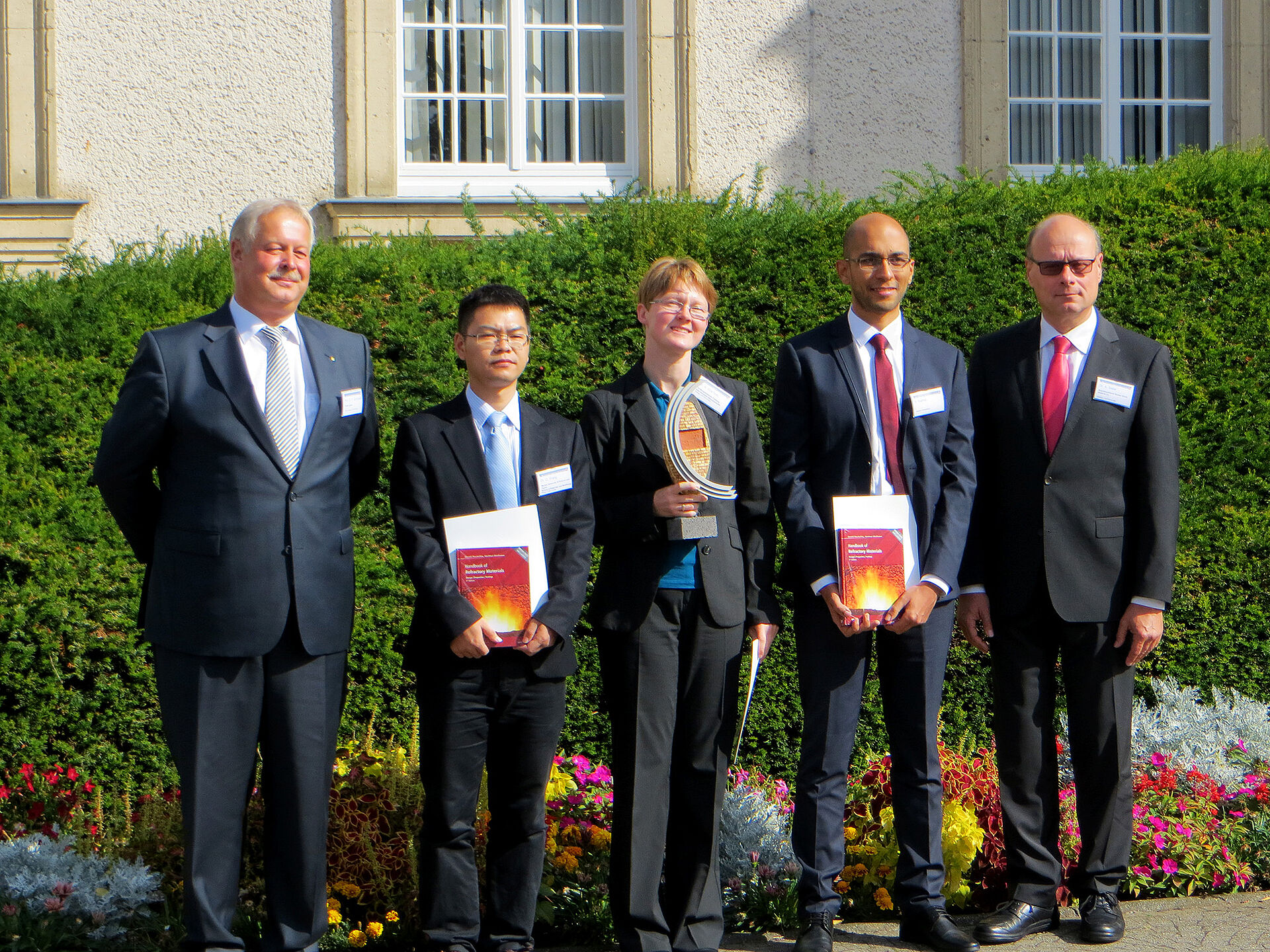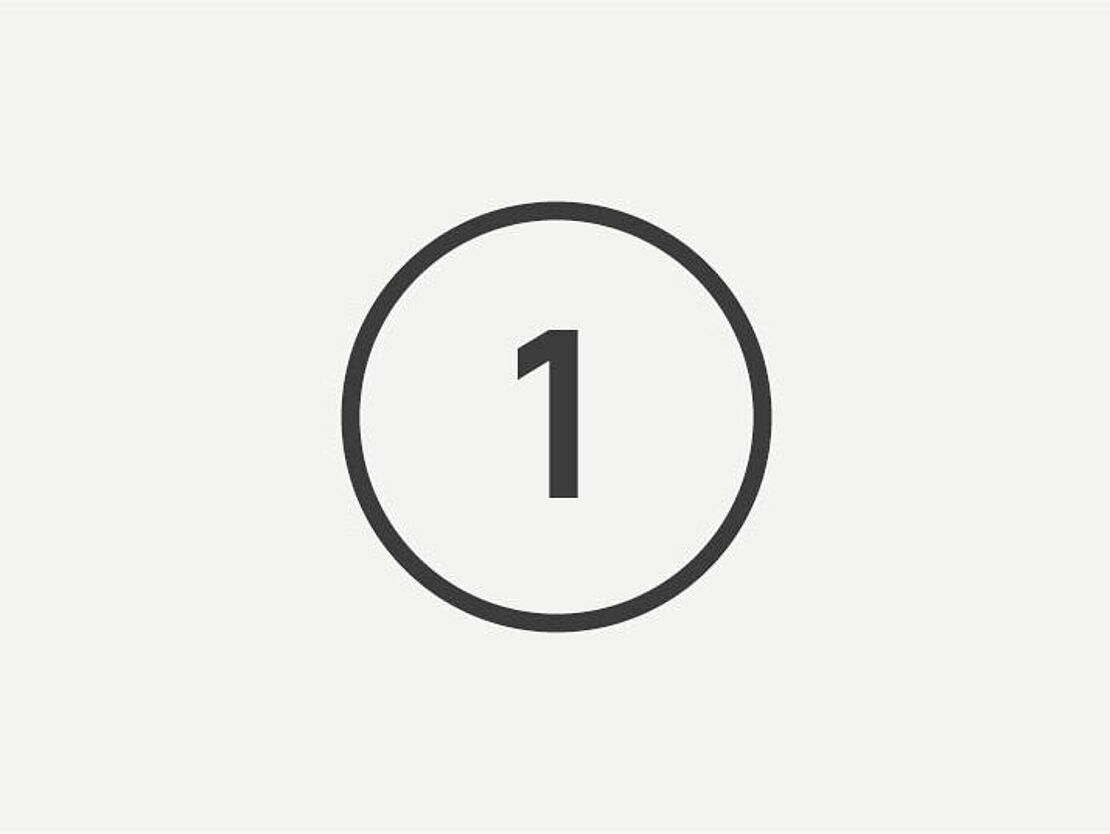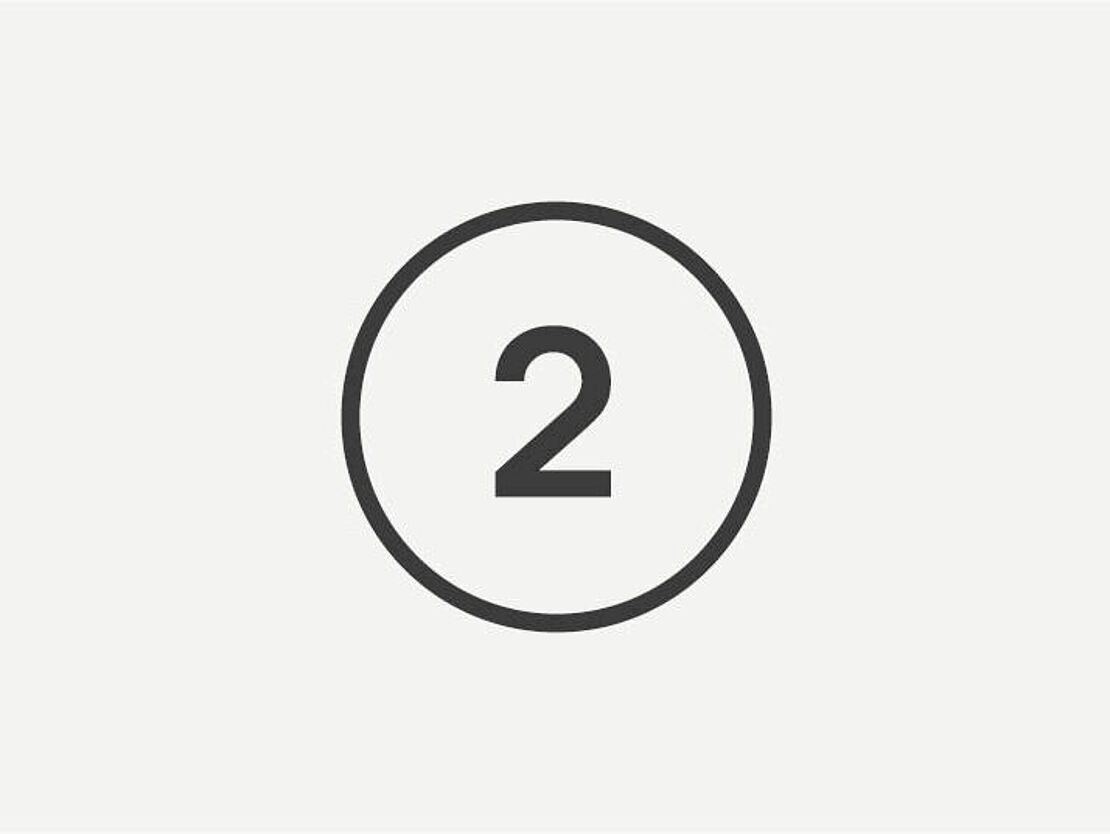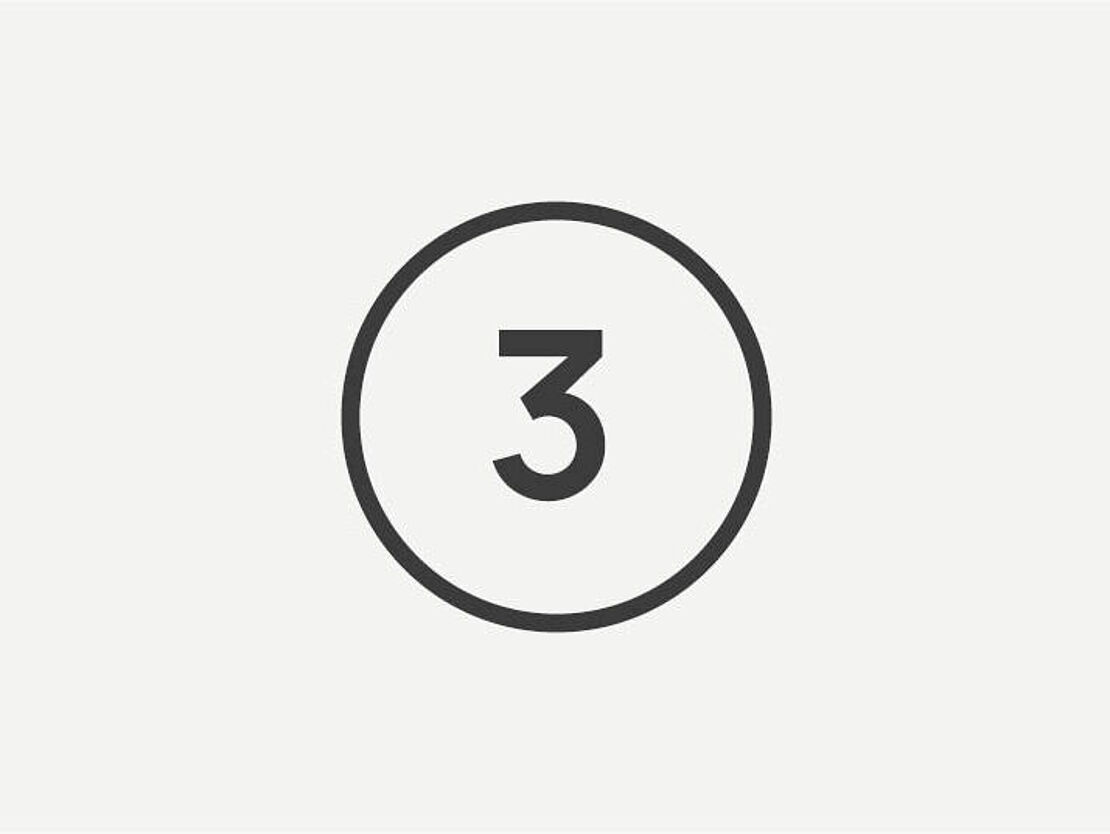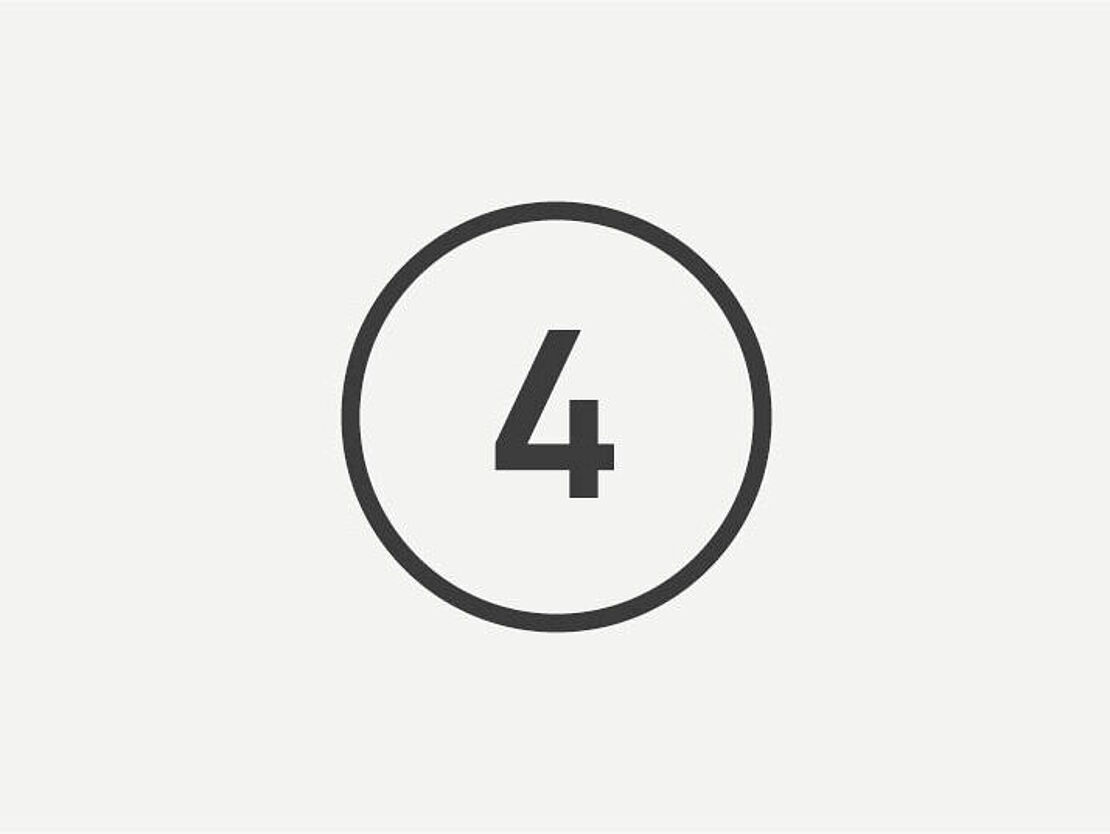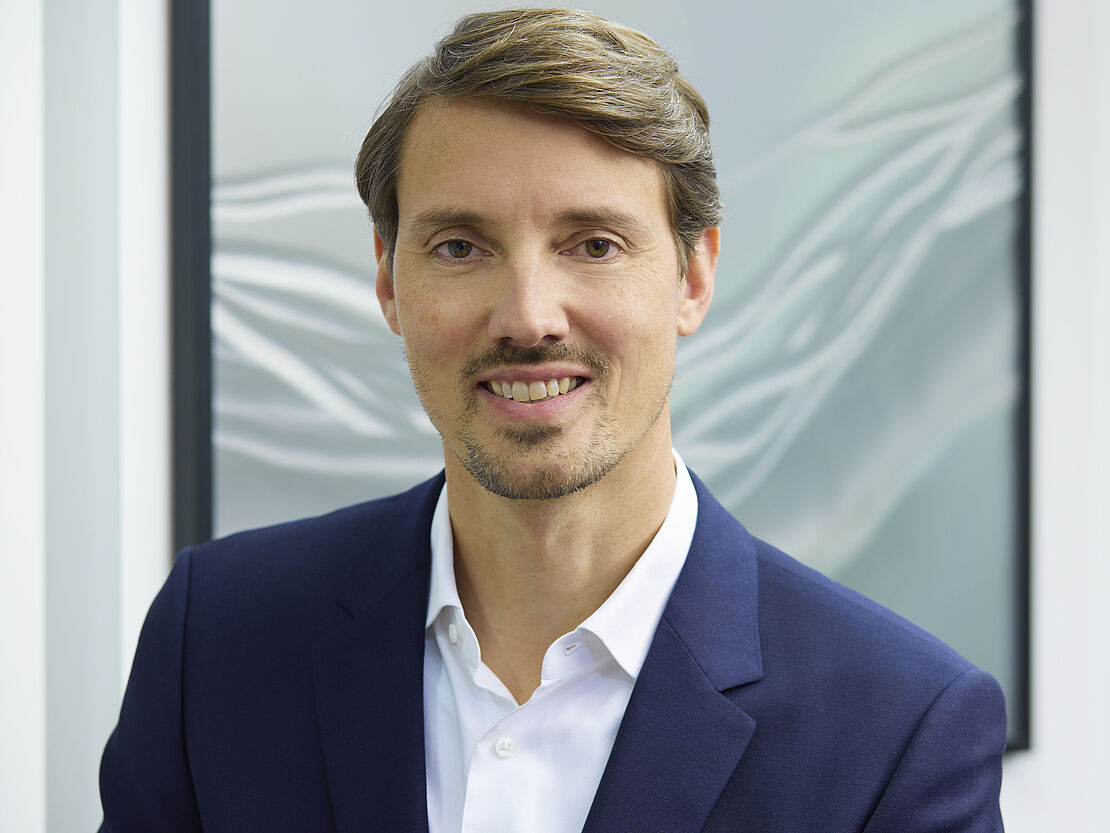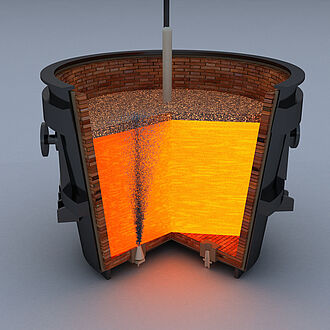The Gustav Eirich Award is presented for the three best dissertations (Ph.D. theses) or equivalent work in the field of refractories that have been completed no longer than two years ago.
The 2025 Gustav Eirich Award will be presented during the “International Colloquium on Refractories” ICR on 17 and 18 September 2025 in Aachen, Germany.
The aim of this award is to promote ideas and, at the same time, to support young talents in technical disciplines.
The Gustav Eirich Award is a contribution to the long-term success of companies in the refractories production and application industries.
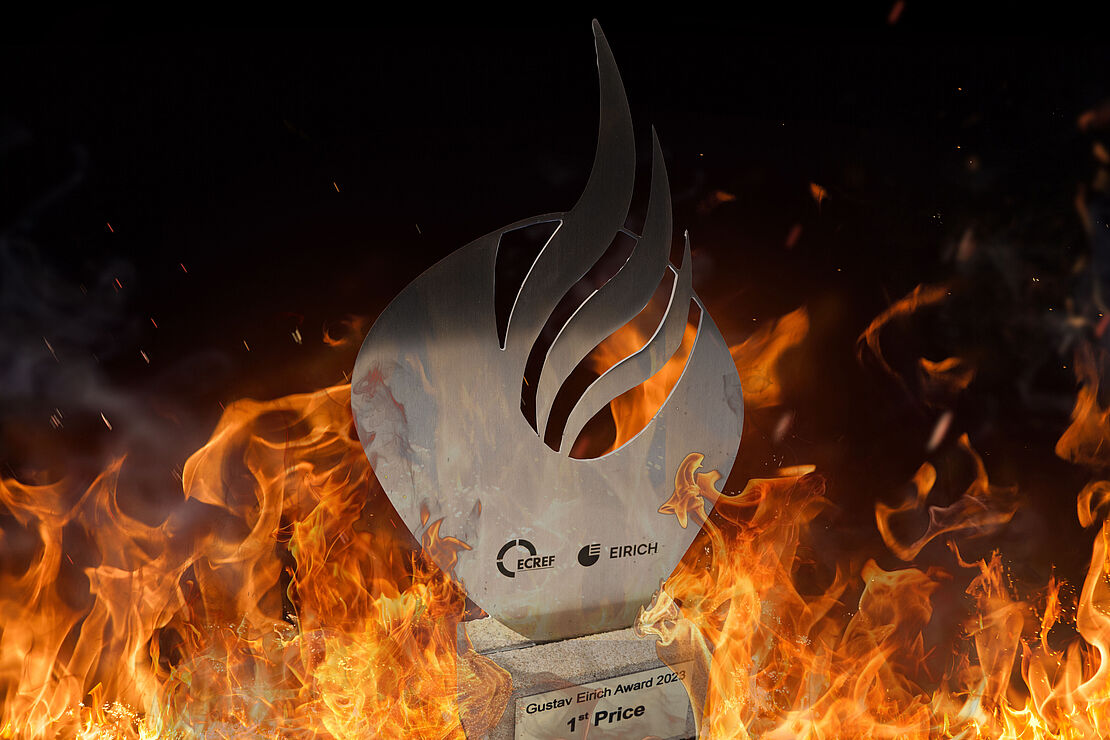
You can apply with:
- our dissertation to obtain a Ph.D. degree
- and/or individual research with a scientific content equal to that of a dissertation for a Ph.D. degree e.g. habilitation, post-doc work.
Your work, with which you apply for the Gustav Eirich Award, may cover any topic in the field of refractories (i.e. raw materials, innovative refractories, testing, application of the refractories in process industries...). However, the evaluation criteria of the Gustav Eirich Award focus on the transfer of knowledge from science into industrial applications. Therefore, thesis dealing with the basic science of refractories are not in the direct scope of the Gustav Eirich Award.
Please state the starting and finishing dates of the work you apply with the CV form. The work should have been completed no longer than two years ago. Participation with the same work is only allowed once.
Application process
Application
You can apply from now until May 31, 2025. The application runs via the ECREF website.
Award ceremony
“International Colloquium on Refractories” ICR on 17 and 18 September 2025 in Aachen, Germany.
Evaluation criteria
You apply for the Gustav Eirich Award with a four-page abstract of your work. Please note, that only this abstract will be evaluated.
The evaluation criteria for the Gustav Eirich Award will be exclusively focused on the possibilities of transfer of new refractory knowledge (provided by your thesis) to real industrial applications (from science to industry). You should thus present your work in a specific way that highlights this potential transfer into the refractory industry or process industry where refractories are being used.
The excellence of your work (new knowledge/new materials/new process/new services) will specifically be evaluated taking into account the following criteria:
- How your work could contribute to an improvement of resource efficiency?
- How your work could contribute to an improvement of energy efficiency or/and a reduction of greenhouse gases?
- How your work could contribute to an enhancement of process efficiency for refractory producers or for refractory end-users?
- How modelling in your work could be apply to improvement of industrial processes?
In addition to these, two further criteria will be also considered:
- To what extend your work could be widely understood and integrated by the refractory or the process industry, and applied quickly in real life?
- How well your four-page abstract clearly explains how your work specifically addresses one or more of the four aforementioned criteria?
